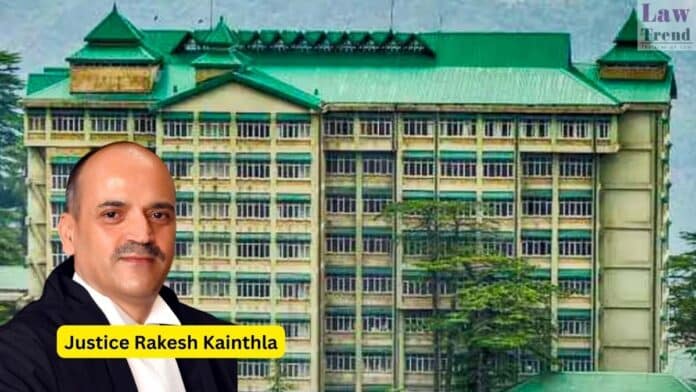The High Court of Himachal Pradesh, in a significant ruling, has reiterated the settled principle of law that an offence under Section 138 of the Negotiable Instruments Act, 1881 (NI Act) cannot be compounded without the consent of the complainant. Justice Rakesh Kainthla dismissed a petition filed by an accused who sought to settle a
To Read More Please Subscribe to VIP Membership for Unlimited Access to All the Articles, Download Available Copies of Judgments/Order, Acess to Central/State Bare Acts, Advertisement Free Content, Access to More than 4000 Legal Drafts( Readymade Editable Formats of Suits, Petitions, Writs, Legal Notices, Divorce Petitions, 138 Notices, Bail Applications etc.) in Hindi and English.




